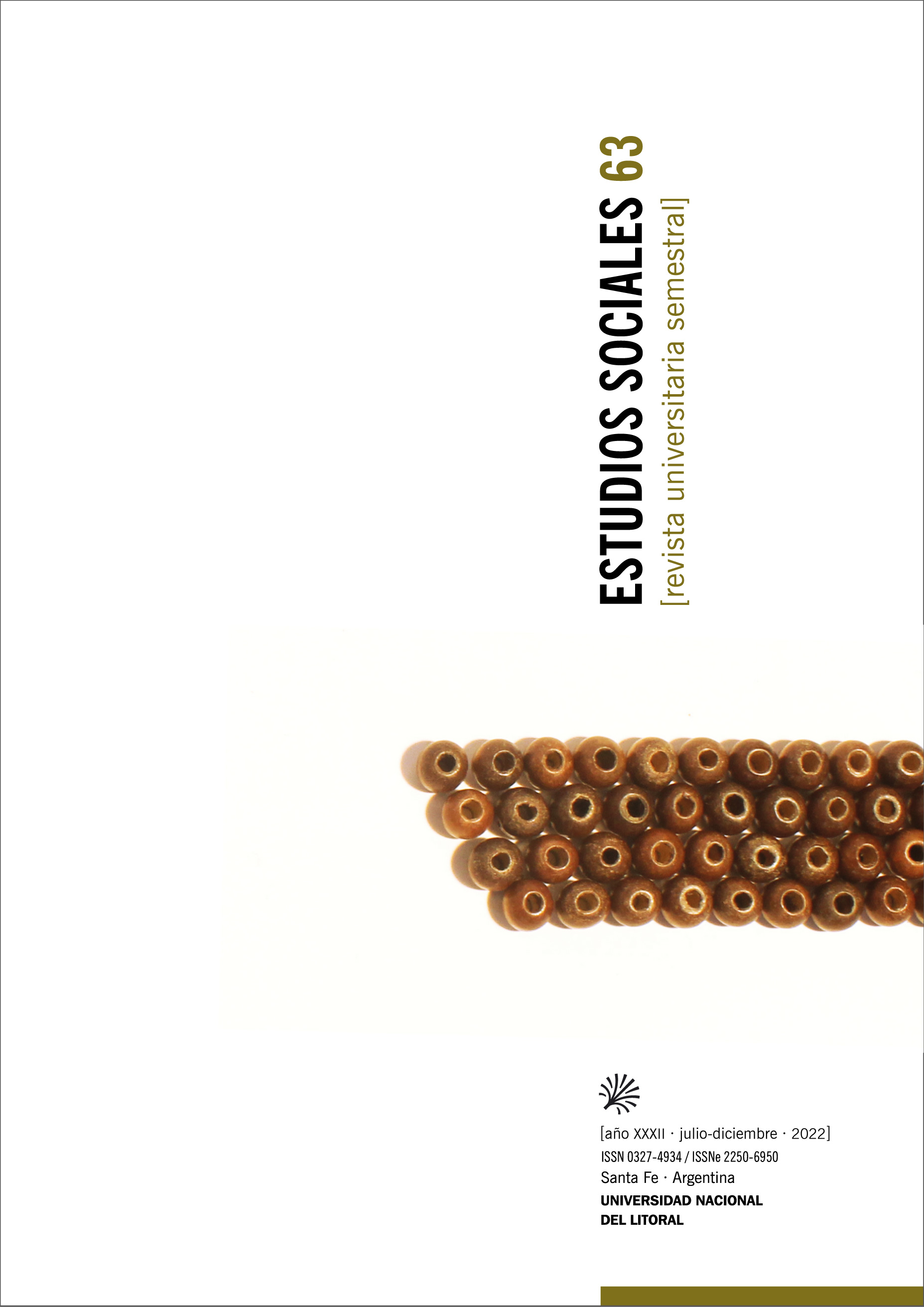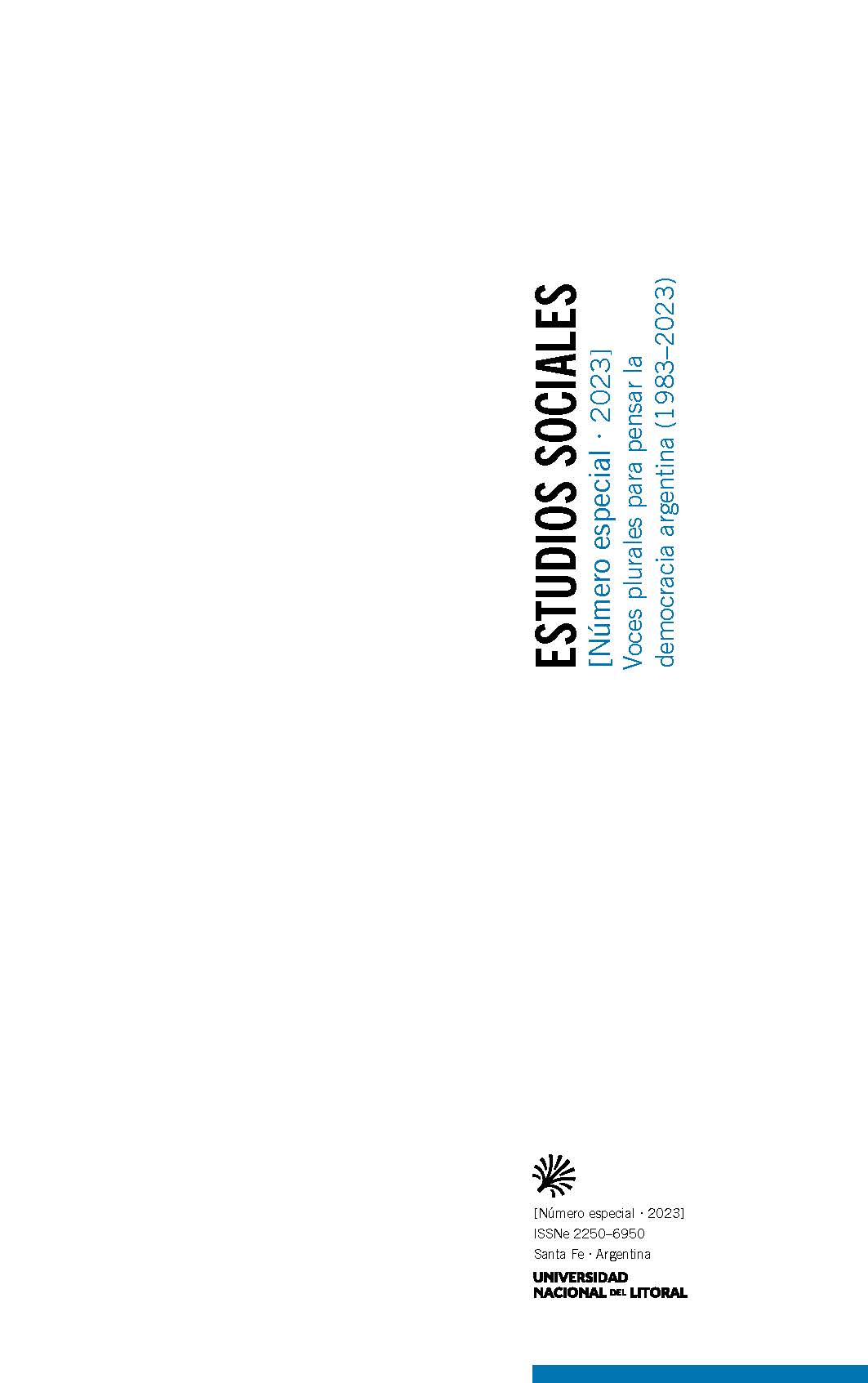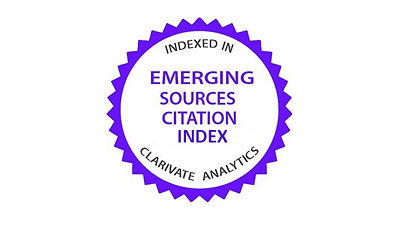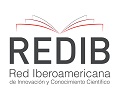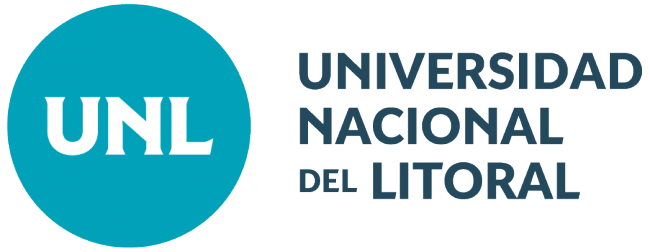The epic of the urgency and the limits of the State. The making of public policies in response to the pandemic in Argentina
DOI:
https://doi.org/10.14409/es.2022.2.e0030Keywords:
COVID, public policy, IFE, ATP, economic cabinet, ArgentinaAbstract
Faced with the COVID-19 pandemic, the Argentine government developed two major policies to support households and businesses, the Emergency Family Income (IFE) and the Emergency Assistance to Labor and Production (ATP) program. This article analyzes their design and dilemmas of justice based on interviews with their political decision-makers. It shows that both measures were created at great speed, through a strongly centralized at the national level process, and with singular articulation between different ministries and state agencies. Although they were formulated by the same team, they were very different in their scope and their adjustments in response to problems unnoticed at the beginning. Therefore, the ATP can be classified as a policy of flexible design or "fine tuning" and the IFE as a policy of rigid design or "thick tuning". The reasons for this divergence are both technical and political.
References
ABERS, REBECA NEAERA; ROSSI, SANTIAGO y VON BÜLOW, MARISA (2021): “State-society relations in uncertain times: Social movement strategies, ideational contestation and the pandemic in Brazil and Argentina”, International Political Science Review, 0(0), 1-17.
ANSES (2020): Boletín IFE I-2020. Caracterizacion de la poblacion beneficiaria.
ARCIDIÁCONO, PILAR y GAMALLO, GUSTAVO (2020): “El Ingreso Familiar de Emergencia. Respuesta inmediata y debates futuros”, Serie de Debates Nº 2, IIGG-UBA.
ARCIDIÁCONO, PILAR y PERELMITER, LUISINA (2021): “Asistir sin ventanillas: el trabajo estatal de trinchera en tiempos de COVID-19”, Estudios Sociales del Estado, 7(13), 155-191
ASSUSA, GONZALO y KESSLER, GABRIEL (2020): “Pandemia y crisis social: activación de repertorios históricos, exploraciones metodológicas e investigación sociológica”, Prácticas de oficio, 1(25), 33-47.
BÁRCENA, ALICIA (2020): The Social Challenges in Times of COVID-19. Santiago, ECLAC.
BENZA, GABRIELA y KESSLER, GABRIEL (2020): Uneven Trajectories. Latin American Societies in the Twenty-First Century. New York, Cambridge University Press.
CEPAL (2020): El desafío social en tiempos de COVID-19. Informe especial COVID-19 N°3.
D’ALESSANDRO, MERCEDES; PRIETO, SOL; O´DONNEL VICTORIA y TUNDIS, FLORENCIA (2020), Ingreso Familiar de Emergencia. Análisis y desafíos para la transferencia de ingreso a trabajadores/as precarios/as. Ministerio de Economía, 34 p.
DANIEL, CLAUDIA (2013): Números públicos. Las estadísticas en Argentina (1990-2010). Buenos Aires: FCE.
ETCHEMENDY, SEBASTIÁN; ESPINOSA, CATALINA y PASTRANA, FEDERICO (2021): “Coordinada, Liberal, Asistencialista y Residual: Política y Estrategias Socio-Laborales en la Crisis COVID-19 en América Latina.” Fundar, agosto.
FILGUEIRA, FERNANDO; GALINDO, LUIS MIGUEL; GIAMBRUNO, CECILIA y BLOFIELD, MERIKE (2020): América Latina ante la crisis del Covid-19. CEPAL, Serie Políticas Sociales Nº 238.
GERCHUNOFF, PABLO y TORRE, JUAN CARLOS (1996), “La política de liberalización económica en la administración de Menem”, Desarrollo Económico, 35(143), 733-768.
GOYBURU, LARA (2020): “El caso argentino: un virus sobre la grieta”, en SALVADOR MARTÍ I PUIG y MANUEL ALCÁNTARA SAÉZ, Política y Crisis en América Latina. Reacción e impacto frente al COVID-19. Madrid, Marcial Pons.
HOLLAND, ALISHA y SCHNEIDER, BEN ROSS (2017): “Easy and Hard Redistribution: The Political Economy of Welfare States in Latin America”. Perspectives on Politics, 15(4), 988-1006.
INDEC (2020): “Estimador mensual de actividad económica”, Informes Técnicos, 4(90), 12 p.
JEFATURA DE GABINETE DE MINISTROS (2020). Informe 127 a la Honorable Cámara de Senadores de la Nación, 706 p.
LODOLA, GERMÁN y PERELMITER, LUISINA (en prensa): “Argentina: Peronism and Inclusionary Populist Adaptation to the Pandemic”, en KENNETH ROBERTS (comp.), Populists and the Pandemic: How Populists Around the World Respond to COVID-19. Routledge.
LONGA, FRANCISCO y VÁZQUEZ, MELINA (2020): “¿Tres ramas? La composición política del albertismo” La Nación Trabajadora, disponible en https://lanaciontrabajadora.com/ensayo/gobierno-alberto/
LEVITSKY, STEVEN y ROBERTS, KENNETH (2011): The Resurgence of the Latin American Left. Baltimore, Johns Hopkins University Press.
MANN, MICHALEL ([1991] 2007): “El poder autónomo del Estado: sus orígenes, mecanismos y resultados”, en CARLOS ACUÑA, Lecturas sobre el Estado y las políticas públicas. Buenos Aires, Jefatura de Gabinete de Ministros, pp. 55-78.
MURILLO, MARÍA VICTORIA y ZARAZAGA, RODRIGO (2020): “Argentina: Peronism Returns”, Journal of Democracy, 31(2), 125-136.
NATANSON, JOSÉ (2020): “Argentina, el virus y el presidente”, Nueva Sociedad, 287, 60-67.
NEFFA, JULIO (2012): “El Programa REPRO”, en Empleo, desempleo y políticas de empleo. Buenos Aires, CEIL-CONICET, 10-20.
NEMIÑA, PABLO y VAL, MARÍA EMILIA (2020): “La renegociación de la deuda argentina durante la pandemia COVID-19”, Documento de Trabajo, Fundación Carolina, 30 p.
SCHIPANI, ANDRÉS; ZARAZAGA, RODRIGO y FORLINO, LARA (2021): “Mapa de las políticas sociales en la Argentina”, Fundar, diciembre.
Published
How to Cite
Issue
Section
License
Copyright (c) 2022 Estudios Sociales

This work is licensed under a Creative Commons Attribution-NonCommercial-ShareAlike 4.0 International License.
Los artículos publicados en Estudios Sociales. Revista Universitaria Semestral se encuentran disponibles gratuitamente en la Biblioteca Virtual de Publicaciones Periódicas de la Universidad Nacional del Litoral: http://bibliotecavirtual.unl.edu.ar/publicaciones.
El contenido está bajo Licencia Creative Commons Atribución-NoComercial-Compartir Igual 4.0 Internacional (BY-NC-SA): no se permite un uso comercial de la obra original ni de las posibles obras derivadas, la distribución de las cuales se debe hacer con una licencia igual a la que regula la obra original.
 Los artículos que sean aceptados, deberán ser acompañados del documento "Autorización para Publicar" que contiene la firma de los autores, en donde se acepta la originalidad del documento y autorizan a la Revista a la publicación del mismo. Las opiniones vertidas por los autores en sus artículos no reflejan necesariamente el parecer de Estudios Sociales. Revista Universitaria Semestral. El contenido de cada trabajo es responsabilidad exclusiva de su autor. En caso de que se utilicen trabajos, datos y/o palabras de otros autores, éstos tienen que ser debidamente citados. Cualquier contenido que sea detectado como fraudulento será elevado al Consejo Editorial de la revista para su revisión, quienes evaluarán el caso y determinarán los pasos a seguir.
Los artículos que sean aceptados, deberán ser acompañados del documento "Autorización para Publicar" que contiene la firma de los autores, en donde se acepta la originalidad del documento y autorizan a la Revista a la publicación del mismo. Las opiniones vertidas por los autores en sus artículos no reflejan necesariamente el parecer de Estudios Sociales. Revista Universitaria Semestral. El contenido de cada trabajo es responsabilidad exclusiva de su autor. En caso de que se utilicen trabajos, datos y/o palabras de otros autores, éstos tienen que ser debidamente citados. Cualquier contenido que sea detectado como fraudulento será elevado al Consejo Editorial de la revista para su revisión, quienes evaluarán el caso y determinarán los pasos a seguir.
Estudios Sociales. Revista Universitaria Semestral adhiere al Código de Conducta y Guía de Buenas Prácticas para editores científicos del Comité de Ética de Publicaciones (COPE):http://publicationethics.org/
